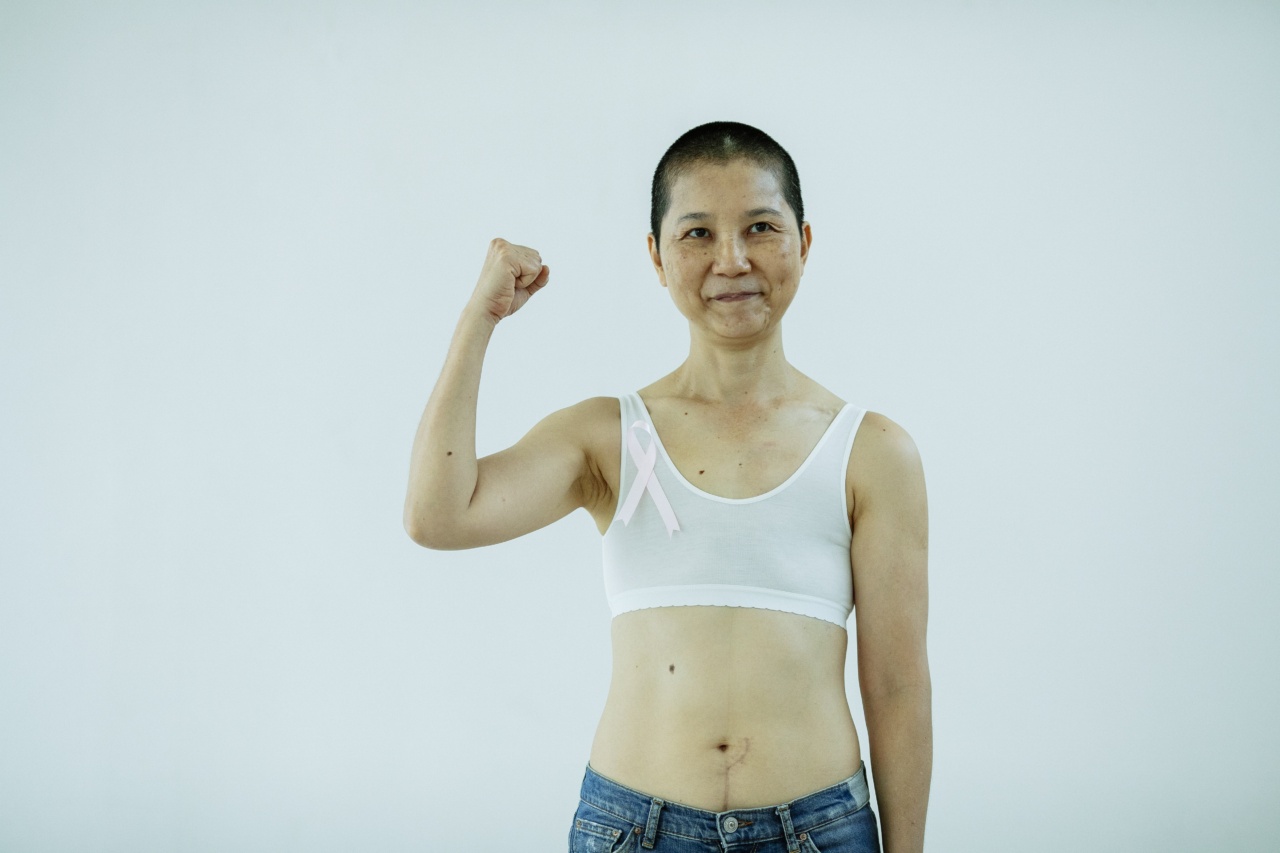Rare diseases are not so rare as one might think. In fact, there are over 7,000 known rare diseases, each affecting fewer than 200,000 people worldwide. However, collectively, rare diseases affect a staggering 400 million people globally.
World Rare Disease Day, which falls on the last day of February every year, is a day dedicated to raising awareness of these often-overlooked conditions. This year, World Rare Disease Day will be held on February 28, 2021, and is themed “Standing Strong Together.”.
The Need for World Rare Disease Day
Rare diseases are often hard to diagnose and treat. Due to the lack of knowledge about rare diseases, common symptoms are often misdiagnosed as other illnesses.
This results in a delay in diagnosis, making it difficult to provide timely treatment and management. Moreover, access to appropriate healthcare and medical specialists is often limited, causing further distress to patients and families.
World Rare Disease Day was created to highlight the challenges faced by patients suffering from rare or orphan diseases.
This day spreads awareness of rare diseases and the need for innovative treatments and cures, research, and access to specialist care. It also helps to bring together the rare disease community to advocate and support each other, making them stronger together.
Standing Strong Together in the Face of Covid-19
This year’s World Rare Disease Day will be different from previous years. It will coincide with the one-year anniversary of the first recorded Covid-19 case.
The pandemic has undoubtedly profoundly impacted the rare disease community, causing significant disruptions in their daily lives. For example, the pandemic has disrupted clinical trials, creating a lack of access to experimental treatments by patients, adding delays to research progress and development of new therapies.
Additionally, the pandemic has intensified the need for focused and innovative healthcare solutions for rare disease patients.
The rare disease community has come together to confront these challenges and raise awareness of the impact of Covid-19 on rare disease patients. Though affected differently by each rare disease, the community is united in its message that healthcare systems must address the specific needs of rare disease patients, especially in times of crisis.
World Rare Disease Day 2021 highlights this message and aims to create equal opportunities for rare disease patients by joining forces and building essential partnerships to overcome shared challenges, such as Covid-19.
The Role of the Rare Disease Community and Advocacy
Undoubtedly, the rare disease community is instrumental in raising awareness and fighting for access to healthcare, research, and treatments.
By sharing their experiences and expertise, rare disease patients and their families educate and support each other and spread the word about the significant challenges posed by rare diseases.
As advocates, rare disease patients and their advocates play an essential role in building political support to address their specific needs.
Empowered by joining global and national patient advocacy organizations and associations, rare disease patients can raise their voices to secure policy changes, research funding, innovative drug and diagnostic development, and improved access to healthcare.
Empowering Rare Disease Patients and Families
The present times present new opportunities for rare disease patients and their families to connect and support each other—accessible technology platforms such as social media provide gateways to connect to a global network of patients and advocates worldwide.
The Internet allows patients and their families to exchange information, offer support, and find information on life-changing clinical trials, treatments, and therapies.
Rare disease patients have been supported by international campaigns and awareness-raising events that have brought together the patient and scientific communities to develop new, innovative treatments and improve standards of care.
Interdisciplinary Approaches to Rare Diseases
At present, there is no cure for the majority of rare diseases.
However, advancements in genome sequencing and molecular biology have led to significant progress in developing precision medicine techniques precisely tailored to suit disparate rare diseases.
These innovative approaches have the potential to revolutionize rare disease diagnosis and treatments, heralding a new era of personalized medicine.
Through interdisciplinary research, particularly in fields such as genomics, rare disease patients stand to benefit from groundbreaking technologies that could offer more accurate and less invasive diagnosis, innovative treatments, and the best foundations to conduct rigorous studies that can lead to better determining the underlying pathophysiology of rare diseases.
Conclusion
On February 28th, 2021, we commemorate World Rare Disease Day. This day commemorates the resilience demonstrated by the rare disease community and the burdens faced by patients and their families.
It celebrates the successes of medical research and treatment development and highlights the importance of continued investment to help rare disease patients improve their quality of life.
Standing Strong Together marks this year’s World Rare Disease Day theme, emphasizing the importance of unity and collaboration in confronting shared challenges.
The rare disease community plays a vital role in shaping our understanding of rare diseases and advocating for policies and treatments to enable them to lead happier, healthier lives.























